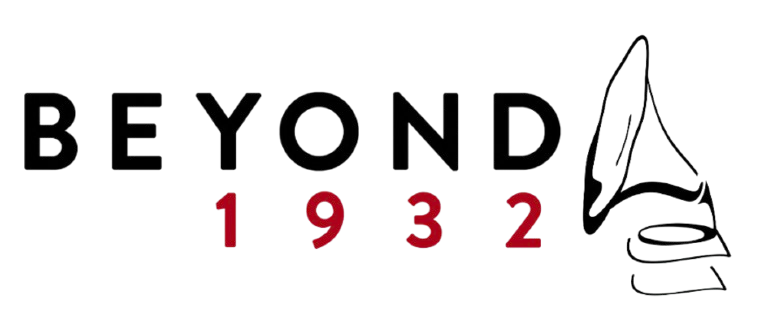Since this project launched, we have developed partnerships with the French National Library (BnF) in Paris and Counterpoints, a London-based NGO supporting the arts by and about refugees and migrants. Through these relationships, we have developed various forms of collaboration around our research activities. Both partners have been heavily involved in the production and distribution of our podcasts with scholars and artists, relating to the 1932 Cairo Congress.

The Sound, Video and Multimedia Department of the Bibliothèque nationale de France (BnF) is the heir to two institutions: the Archives de la Parole and the Phonothèque nationale.
In the 1920s, the Archives de la Parole became the Musée de la Parole et du Geste and expanded its collections to include folklore and musical traditions, whereas the Phonothèque Nationale was created in 1938 to ensure the legal deposit of phonograms distributed in France.
To date, BnF’s sound collections include more than 1.6 million documents on all media, divided into unpublished or archival documents, and documents from phonographic publishing. The collections cover linguistics, sociolinguistics, ethnography, history and ethnomusicology, as well as all existing musical genres.
Listen to our podcasts produced in partnership with the BnF and Counterpoints.

Counterpoints Arts is a leading national organisation in the field of arts, migration and cultural change, at the intersection of climate, racial justice, mental health and displacement. This London-based charity supports the arts by and about refugees and migrants. It produces a range of programmes in the UK and internationally, including Refugee Week, PopChange and Platforma festival.
They believe that arts can inspire social change, enhance inclusion and cultural integration of refugees and migrants, seeking to ensure that their contributions are recognized and welcomed within British arts, history and culture.
Together with Counterpoints, we attend shared activities and involve their network of practising artists, musicians and cultural producers in our research project when relevant, mainly through our residences, workshops and podcasts.
Our research through their eyes.

